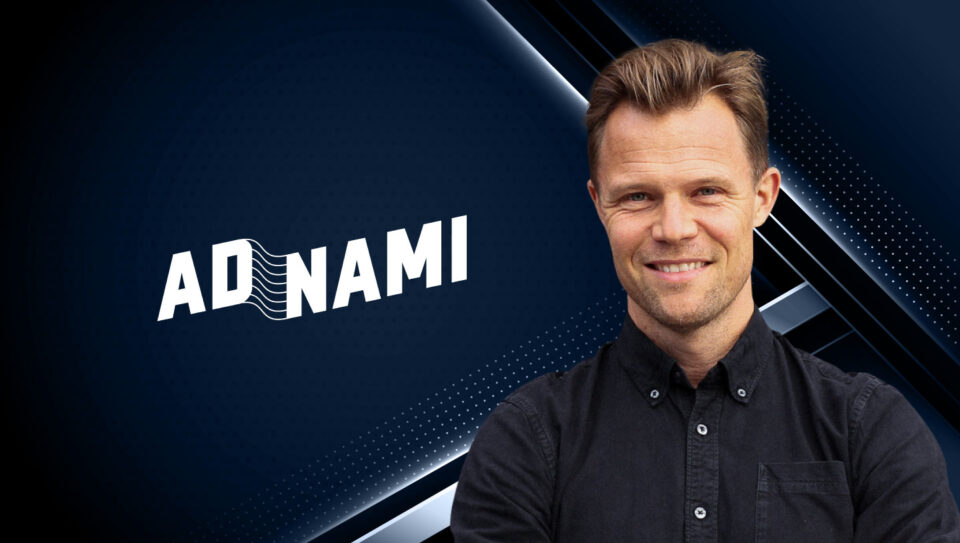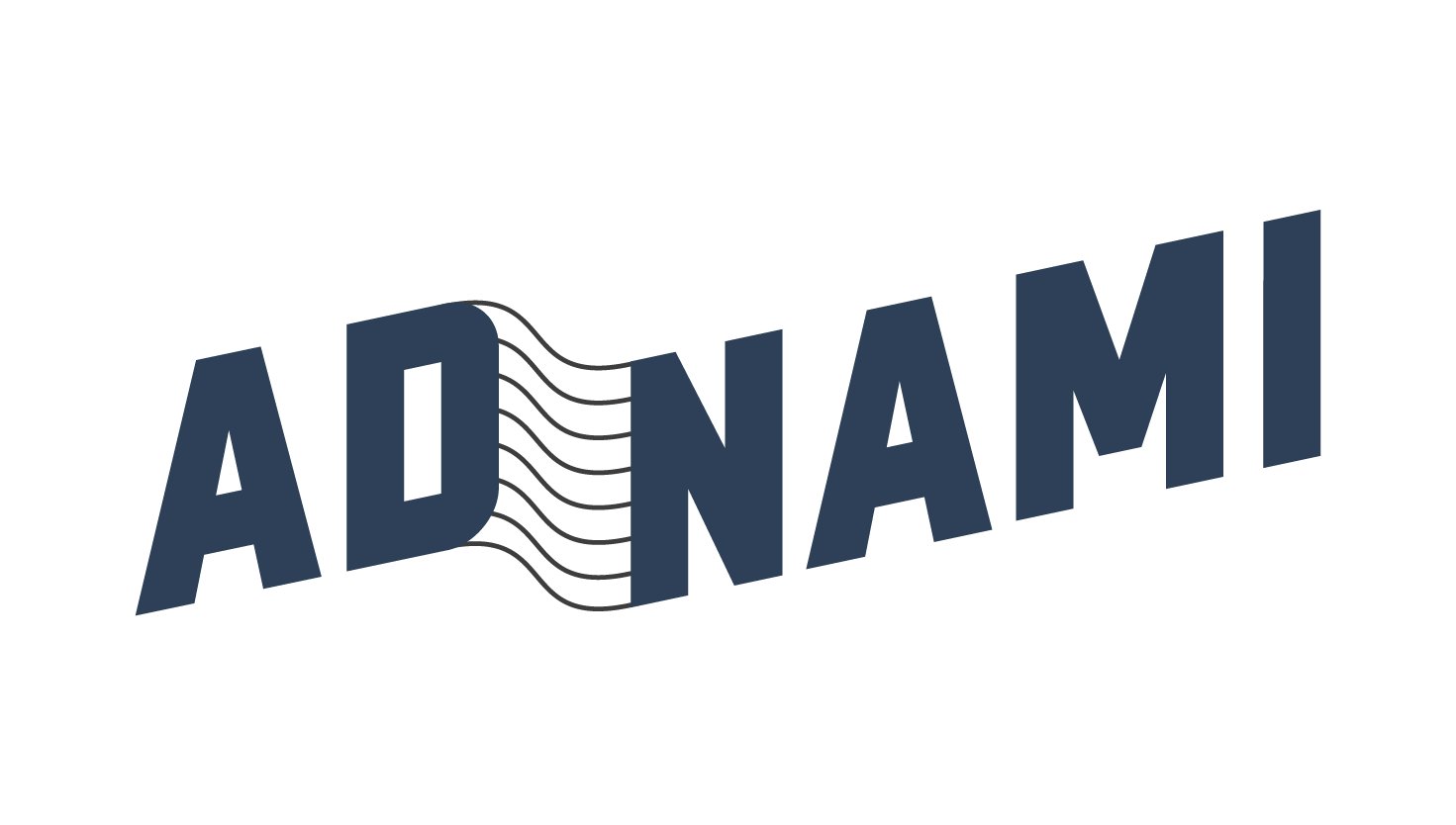“interaction with digital ads has gone through the roof, and this has led to a spike in both innovation and growth in the adtech world”
The last few years have seen some significant milestones for the adtech world at a very challenging time. What was your defining moment for the industry in 2021?
Last year we finally saw venture capital fully focus on the adtech world, and recognise the possibilities companies like ourselves offer digital advertising. The industry has been producing some serious performance figures recently, so I guess it’s only natural VC interest in adtech is increasing, and I can see this trend continuing into the future. Otherwise, consolidation in the tech industry is increasing as companies partner in order to offer customers holistic, integrated solutions, and much of this has been made possible by VC money.
How has the adtech industry responded to the pandemic’s challenges, particularly with regard to innovation?
The last few years haven’t been easy for anyone, yet there have been positives for the digital advertising industry. Because of the pandemic, more people than ever are going online to shop, communicate and seek entertainment. This has drastically changed consumer behaviour. As a result, interaction with digital ads has gone through the roof, and this has led to a spike in both innovation and growth in the adtech world.
We have been working hard to engage these new audiences on behalf of our customers, and as a result brands have found great new ways of communicating with their audience in exciting, creative ways. This is especially the case with bigger brands, and success has seen companies divert more budget towards creative tech.
Read More: ITechnology Interview with Patricia Nagle, President, Americas at TeamViewer
What do you predict for the future of mobile advertising?
The future of advertising is mobile, yet standing out in the crowd is increasingly difficult, because mobile ad slots are so similar. Going forward, there needs to be a real emphasis on advertisers and creative tech companies like ours working together to provide consumers with an experience that is original and rich.
Ad-blindness is a serious issue, and consumers are bombarded with too many poor-quality, poor-performing display ads. This means that the competition for attention is acutely high, and both advertisers and publishers have lost sight of what resonates with consumers. Returning to creative, quality mobile experiences that put the audience front and centre is critical as we move into 2022.
What should the CMO of 2022 do to take full advantage of the adtech tools in their marketing technology stack?
We’ve been saying this for some time, but less is definitely more when it comes to engaging audiences. Data targeting has had its day, and is no longer the force in digital advertising it once was – the impending death of the cookie has ensured that. The cost of buying data-targeted ads on app-based platforms such as Instagram and Facebook has increased by 100% in recent years, which doesn’t help either. The result is that CMOs are having to think creatively to get bang for their advertising buck.
I think CMOs have historically been guilty of buying expensive stacks without extracting the best from the tech, and this feeds into an over-reliance on data. What we have seen time and again is that a successful creative distributed at scale is key to engaging customers. Many people don’t realise that producing a fantastic ad creative isn’t about winning a Cannes Lion, but about producing ad content of a quality that makes the brand stand out, reach scale and have an impact on its audience.
C************** on recently securing ‘Innobooster’ funding from the Innovation Fund Denmark program. How do you plan to use the money in developing Adnami’s product?
Thanks a lot, we’re delighted to have received the funding. The application process itself was a challenge, but we learned a huge amount about ourselves and our goals as a company, which should stand us in good stead for the year to come.
The money will go towards improving our range of products, delivering amazing ad experiences for audiences, higher yield for our publishers and, ultimately, better returns for brands. We’ll also be using it to develop a creative self-service platform and automated distribution tools – to activate high impact advertising more effectively for customers – and generally to progress our back-end tech. This will allow us to innovate, distribute and maintain multiple formats faster than ever.
To your point, what are Adnami’s plans for market expansion in 2022?
We’re certainly becoming hot property as far as the investment community is concerned, and we’re looking to harness that interest to expand our offering at scale. In 2022 we hope to become a successful pan-European platform, but are planning a global trajectory beyond this year.
Read More: ITechnology Interview with Francis Carden, VP, Intelligent Automation and Robotics at Pega
Adnami is the proud owner of the best Ad Experience Centres (AEC) in the adtech world. How do different brands leverage the AEC to drive business goals?
Our brands use the AEC as a proving ground to trial their creative – more than 20% of content uploaded is test creative – and as a learning tool to understand the latest formats and grasp their full potential. Testing, previewing, collaborating and learning about the creative is critical for a brand to evolve its processes.
How important is it for brands to create and deliver meaningful cross-channel ad experiences, what are the benefits of doing so?
We believe it’s critical to run cross-channel ad experiences because it gives the best indicator of the quality of the media. There’s nowhere for poor creative to hide when it’s analysed over multiple platforms. Attention as a metric is increasingly significant and influential; it allows you to analyse your media in a new, highly accurate way. Attention gives you the truth as to how successful an ad campaign is in engaging your audience. Adnami is currently working on 21 studies with measurement agency Lumen Research, studying attention across a range of clients and formats. We’re really excited about the discoveries we’re making.
How has TV advertising developed in recent years? Has it been affected by the rise of newer, fast-maturing ad channels such as e-gaming mobile apps and podcasts?
Traditionally, TV dominated brand advertising, while digital advertising was the go-to channel for c**** clicks and scale, to the detriment of creativity. But now and in the future, branding is also digital – the two things are merging together. And when you think about linear TV at least, the audience is simply dying. So as a brand, if you want to activate younger target audiences you have to do something else. And gaming mobile apps and podcasts are great examples of just that.
However, we are lacking an infrastructure for digital display that allows us to effectively deliver brand campaigns at scale. It doesn’t exist, it’s completely fragmented. And the same problem exists in other fast-maturing formats such as mobile apps and audio. As an industry, we need to sort this fragmentation in order to provide the best experiences and results for consumer and client alike.
Read More: ITechnology Interview with Juan Asenjo, Director of Product Solutions at Entrust
And finally, what message do you have for any publisher looking to get into programmatic advertising in 2022?
Publishers need to understand that programmatic advertising goes way past performance marketing in terms of potential. It’s a different beast. Programmatic allows publishers to reach and trade with brands at scale, and to make the best of this they should offer high impact creative, and trade them in real time.
I’d also say that clever monetisation means less is more. Don’t hammer your readers with ads, but look at the formats and placements that give you the best returns. Follow the yield, follow the data, start small and, most importantly, embrace creativity.
Thank you, Simon! That was fun and we hope to see you back on itechnologyseries.com soon.
[To participate in our interview series, please write to us at sghosh@martechseries.com]



